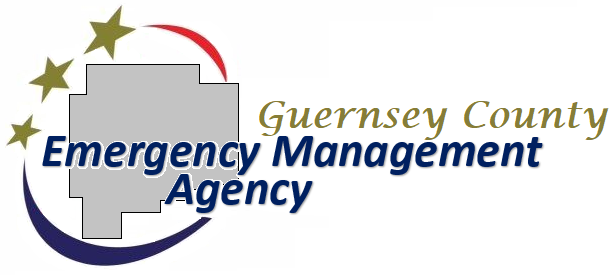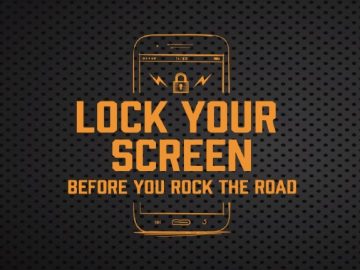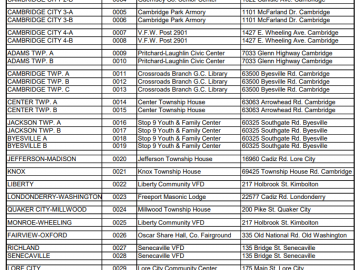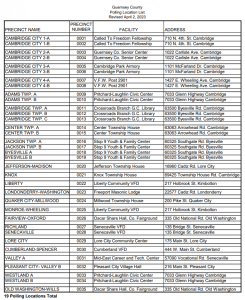Did you know?
As of April 4, 2023, it is illegal to use or hold a cell phone or electronic device in your hand, lap, or other parts of the body while driving on Ohio roads.
If an officer sees a violation, they can pull you over.
Drivers over 18 years old can make or receive calls via hands-free devices, including:
- Speakerphone
- Earpiece
- Wireless headset
- Electronic watch
- Connecting phone to vehicle
- In most cases, anything more than a single touch or swipe is against the law.

CAN I STILL USE BLUETOOTH?
This new law allows drivers over 18 to make or receive phone calls using “hands-free” technology such as Bluetooth or integrated systems within the vehicle, as long as you don’t hold or support the device or manually enter letters, numbers, or symbols. If you must physically manipulate your device, you should pull over to a safe location and park your car before handling.
Drivers can listen to audio streaming apps and use navigational equipment if they turn them on before getting on the road or use a single touch or swipe to activate, modify, or deactivate them.
Remember, drivers under the age of 18 are still restricted from using their devices in any way, including hands-free features.
WHAT’S OFF-LIMITS?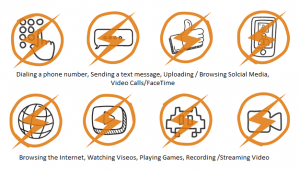
Exceptions include:
-
- Drivers reporting an emergency to law enforcement, a hospital, health care provider, fire department, or similar emergency entity.
- Drivers holding a phone to their ear only during phone conversations, if the call is started or stopped with a single touch or swipe.
- Drivers holding or using cell phones and other electronic devices while stopped at a traffic light or parked on a road or highway during an emergency or road closure.
- First responders (law enforcement, fire, EMS), using electronic devices as part of their official duties.
- Utility workers operating utility vehicles in certain emergency or outage situations.
- Licensed operators using an amateur radio.
- Commercial truck drivers using a mobile data terminal.
Lock Your Screen Before You Rock The Road
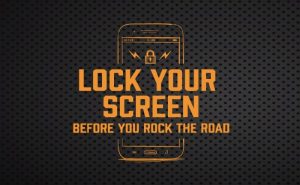
Even if you can, that doesn’t mean you should.

Phones Down. It’s the Law. | Ohio Department of Transportation
Distracted Driving Dashboard | Ohio State Highway Patrol
Ohio cops educating motorists on distracted driving law (dispatch.com)
